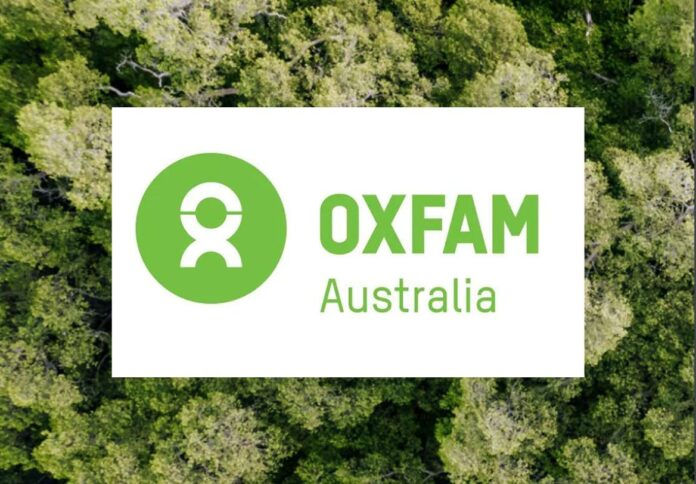
Media Release by Oxfam Australia
Australia’s investment in climate solutions for the region is falling short at a time when the new Government is seeking to rebuild its reputation with our Pacific neighbours, according to a new report.
In Falling Short: Australia’s role in funding fairer climate action in a warming world, an alliance led by Oxfam Australia and ActionAid Australia has called for the Australia Government to increase its ambition on climate finance, emphasising progressive climate action as vital if Australia is to fulfill its duty as a wealthy country and major polluter. This includes supporting a Pacific Islands proposal for a standalone finance arm to address loss and damage.
More than a decade ago, Australia and other wealthy countries promised that by 2020 they would mobilise $US100 billion per year in climate finance to support vulnerable communities respond to climate change.
The report highlights that Australia’s international climate funding is currently just a tenth of our international fair share. Australia’s fair share of international commitments would be AUD$4 billion per year; however, our average contributions sit at only AUD$400 million per year between 2020-2025.
Oxfam Australia Chief Executive Lyn Morgain said the Australian Government can prove it is serious about climate action and its relationship with Pacific communities by increasing climate finance and ensuring more rigorous reporting rules and definitions in the lead up to the United Nations Climate Change Conference (COP27) in November.
“We know the new government wants to rebuild Australia’s reputation in our region. We can help achieve this and make a significant difference to the lives of people impacted by climate change by increasing climate finance,” said Ms Morgain.
“The energy consumption of Australians produces eight times as much carbon emissions each year as Pacific Islanders, and yet small Pacific Island states such as the Solomon Islands and Fiji are suffering the full force of the climate emergency.
“Australians value fairness and being a good neighbour, but for years our leaders have been breaking funding promises and stalling on climate action. We need to start paying our fair share and holding ourselves accountable if our statements and arguments are to carry any weight with our regional neighbours.”
ActionAid Australia Executive Director Michelle Higelin noted it was women and girls who wear a disproportionate share of climate change pain in developing countries.
“Australia’s failure to pay its climate finance fair share is having deadly costs for the world’s poorest communities, particularly women and girls, who are bearing the brunt of climate impacts and loss and damage,” Ms Higelin said.
“20 million people in the Horn of Africa right now are on the brink of famine, as climate change fuels one of the worst droughts on record. Across the Pacific, women and their communities face the realities of a warming world including more frequent and severe cyclones, along with rising food and water insecurity.
“Australia can and should do more. The Government must increase its climate finance to $3 billion over 2020-2025 in the lead up to COP27 in November and commit to achieving our international fair share of $4 billion annually by 2025. If we don’t pay up, it’s women and girls in the world’s poorest communities that will pay the price.”
The report also calls on Australia to participate more constructively in loss and damage negotiations by throwing its unequivocal support behind a proposal from Pacific Islands nations, and 124 other low-income countries, for a standalone financing arm to address loss and damage at COP27.
Analysis to determine Australia’s fair share contributions to global climate finance found Australia should:
- Immediately increase our climate finance commitments to AUD $3 billion over 2020-25 ahead of the next global climate meeting, COP27 in Egypt in November.
- Fulfil our fair share of the USD $100b (AUD $4b annually in new and additional funding) and honour our existing commitments by 2025.
- Support the call of Pacific nations and work to establish a dedicated fund for loss and damage finance facility at COP27.
- Stop subsidising fossil fuels today and use savings to fund climate finance and loss and damage financing.
- Ensure money gets put in the hands of those who need it most by increasing transparency and publishing on how much funding is directed to the local level.
- Ensure money is given as grants not loans to avoid increasing debt distress in the Pacific.
- Amplify the voices of those most affected by the crisis, including women, people with disability and other marginalised groups, and ensure they are at the decision-making table.
- Ensure we build women’s climate change leadership to address climate and gender inequality.




















